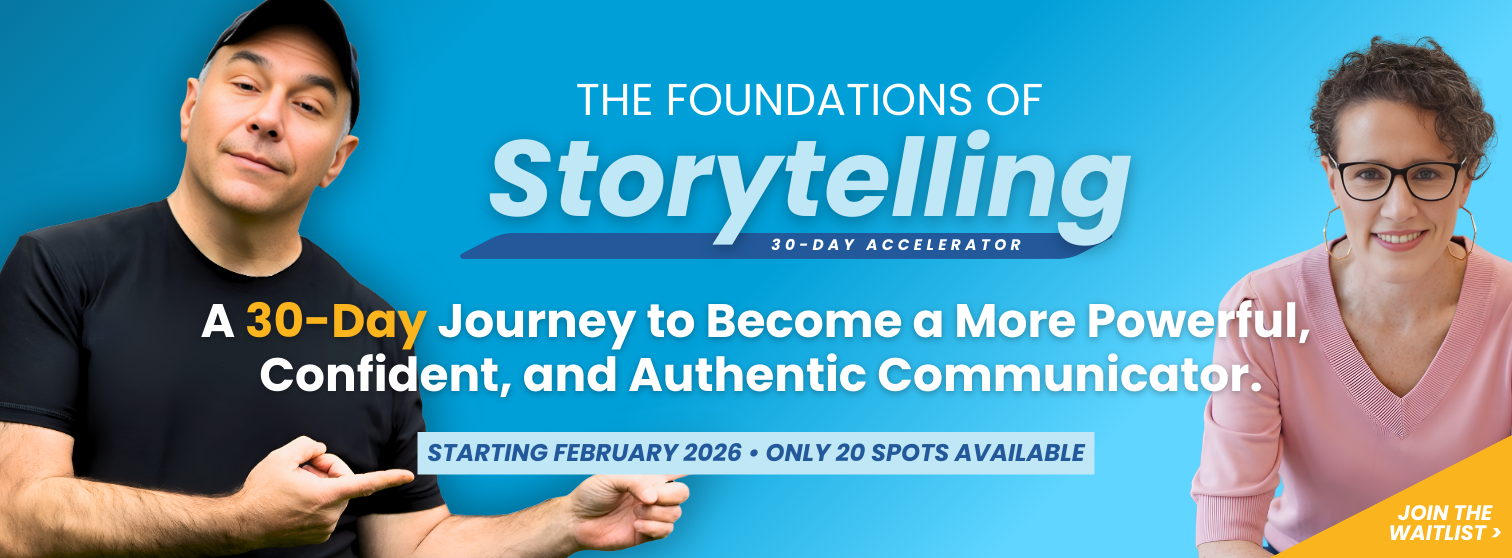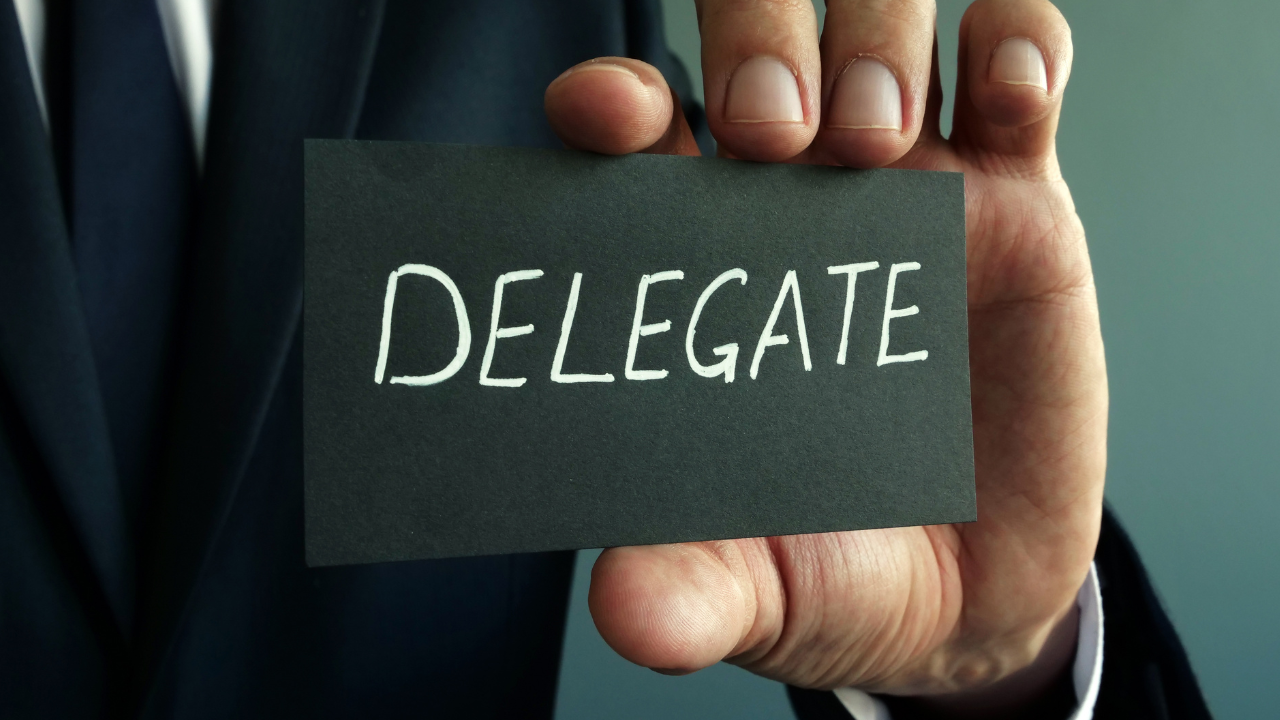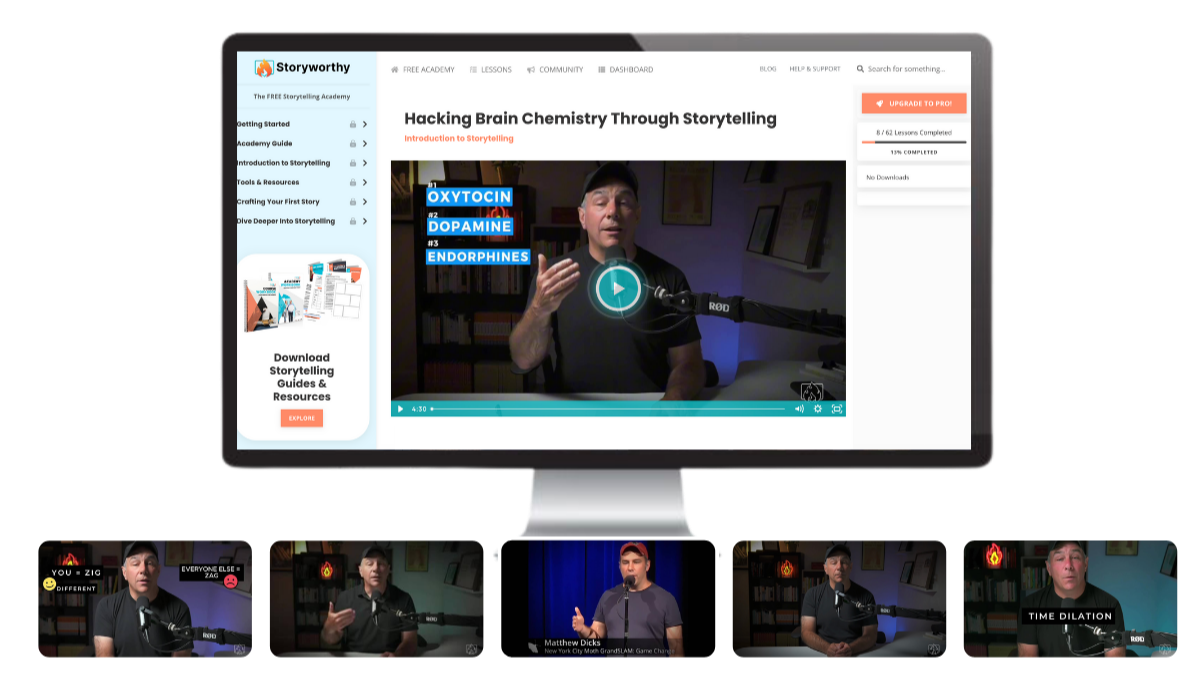Your nervous "because you care" is nonsense

There are many reasons to be nervous onstage. One of the more popular reasons offered - and possibly the only reason I've ever heard someone offer - is that people are nervous about public speaking because they care.
This is true, of course, but it doesn't make much sense when trying to understand nervousness onstage.
We care about many things we do in life, but not all of them make us nervous.
I care deeply about safely getting my kids to school every morning, but I'm not nervous about doing so.
It's a decidedly incomplete explanation of nervousness while public speaking.
It's also the least important reason and not helpful at all.
In fact, claiming that people get nervous onstage because "they care" discounts everyone who cares deeply about their performance but does not get nervous.
Like me.
I'm almost never nervous onstage. I like to say that a unique combination of arrogance and stupidity combine to form a coat of armor that protects me from the pointed spear of nervousness, but in truth, I suspect it's because of a few reasons:
I've been speaking to audiences all my life, first at Boy Scout camp, then later as a wedding DJ, minister, actor, college debater, and teacher. I took public speaking in college and campaigned for President of the Student Council. I had spent thousands of hours standing before audiences by the time I told my first story or delivered my first formal speech onstage.
My nervousness, if it ever existed, probably died a long time ago.
Quite the opposite; I can't wait to get onstage. I'm excited about standing before people and talking.
Perspective also helps. After you've been on trial for a crime you didn't commit, homeless, and had a gun pressed to your head and the trigger pulled, a roomful of Brooklyn hipsters or an auditorium of Silicon Valley executives aren't quite so intimidating anymore.
But if you're nervous when speaking in public, or just before speaking in public, it's not simply because you care.
There are other relevant, far more common reasons to be nervous when speaking to audiences. People who make the "because you care" argument have either overlooked these reasons or are afraid to speak of them.
Or, and this is quite possible, they've never actually been onstage before or haven't performed onstage very often. The number of speaking and storytelling coaches and directors who have never done or rarely done the job themselves is both astounding and terrible. In these cases, these inexperienced coaches repeat something they've heard before because they can't possibly know or understand what it feels like to perform onstage routinely.
But understanding the real reasons behind being nervous can help you mitigate some of those nervous feelings.
Knowing, they say, is half the battle.
In that spirit, here are the more common, relevant, and accurate reasons for being nervous onstage:
You're all alone. You have no safety net when delivering a speech or telling a story. No one is standing in the wings, ready to offer you a line or fill in a gap, as stage actors will often do for one another. Doing anything publicly and utterly alone is bound to make you nervous.
The environment is unfamiliar. No one has a stage in their home, and even if they did, they don't have an audience waiting for a performance. New experiences are often nerve-wracking. Doing things under unknown or novel conditions can be downright frightening. It makes sense to be nervous. Everything about speaking on a stage is uncommon and often unknowable.
Public speaking requires enormous amounts of bandwidth.
You need to remember what to say while simultaneously saying it. That's hard enough. Add to this the monitoring of how you're saying it and adjusting the way you're saying it depending on a multitude of factors. You're also likely to be monitoring audience response as well as yourself for any emotional reactions you might be experiencing. You may have a slideshow to click through. Blocking to remember. A timer to keep in mind. Bright lights shining in your eyes. Transitions to nail. Punch lines to land. Sour-faced audience members in the front row. Public speaking of any form is exceptionally taxing on the human mind.
You can't take a break to collect yourself without making everyone in the room feel awkward. Once you begin, you can't stop. How many things do people do in life wherein they can't take 30 seconds or three minutes to regroup? Not many.
Public speaking, like writing, is deeply vulnerable.
It reveals a bit of your heart, mind, and even soul. When you speak to an audience, you demonstrate thought, share ideas, reveal your facility with the language, express yourself creatively, and publicly declare that your words are worthy of attention. Few things in life expose oneself so openly and completely as speaking to an audience.
Rotten human beings exist, and you know they could be in your audience. Terrible people sometimes say terrible things when they decide you have not done well. They say these things to you and about you. Knowing this makes your performance fraught with peril.
Mistakes are easy to spot.
It's rare that your errors are known to anyone other than yourself and perhaps a small group of people. If you blow up a spreadsheet, fail to land a customer, lose your car in a parking garage, or misdiagnose a broken bone, a room full of strangers will not be made aware of your mistake. Most of our errors are known only to us or a small team of people who know and oftentimes adore us and often make similar mistakes themselves. But an audience is an enormous group of people judging every error you make. Mistakes made onstage are public and sometimes very obvious. Even embarrassing.
This is why you're nervous. Not simply because you care but because public speaking is hard.
You should be nervous. It makes sense.
Now for some good news to help mitigate your fear:
- Nearly everyone is nervous about public speaking. For every person like me there are thousands of people who are nervous before they speak. I have coached Fortune 500 CEOs who deal with nervousness daily. I've performed alongside genuinely famous, exceptionally experienced performers who were still nervous before taking the stage. Being nervous is normal. If you're feeling nervous, you should know that it's expected. You're not flawed and weak or insufficiently prepared. You're simply human.
- Everyone makes mistakes. Patti Smith was forced to restart her performance of a Bob Dylan song in front of Bob Dylan at the Nobel Prize award ceremony. If Patti Smith can blank on a song that she has been performing for decades in front of the man who wrote the song at the moment he is receiving the most prestigious honor of his life, it's possible that you may make a mistake, too. If so, congratulations. You're in great company.
- Quite often, the only person who knows you've made a mistake is you. Your audience never knows what you intended to say, so when you forget something or present content out of order, you're often the only person who knows the error is made. You may beat yourself up for it later on (which is also normal), but you will probably be the only one.
- Mistakes are moments of vulnerability and authenticity. Oftentimes, they are appreciated by an audience. Rather than being a moment of embarrassment, they are often perceived as a moment of levity, humanity, and even humor. They are the signal to your audience that you haven't memorized your content but are telling it in a prepared but authentic way.
You can also do the following things to help dispel some nervousness:
- Exercise on the day of a performance. Releasing as much excess energy and adrenaline prior to a performance can help you remain calm while speaking.
- If caffeine and similar stimulants have an impact on your nervous system, avoid them at least six hours prior to a performance.
- Slow down. One of the tricks I teach speakers is to identify something in the room that you know your eyes will land on as you speak. An exit sign. A particularly notable person in the audience. An object in the wings. Allow this item to become your "Slow down" reminder. A visual cue to signal that you're probably speaking too quickly. Every time you see it while you speak, it will remind you to slow down. Slowing down onstage will calm your nerves.
- Speak positive statements about yourself aloud before you take the stage. Your brain is relentlessly listening to everything you say in order to respond appropriately to your needs. If you tell yourself that you're going to perform brilliantly, your brain will respond by releasing those feel-good neurotransmitters, which in turn will make you feel good and better prepare you for the stage.
- Smile. Your brain is also paying attention to everything you do. Research has shown that smiling, even when you're not happy, will cause the brain to think you are happy and once again release those feel-good neurotransmitters that will calm you down and assist in your performance. So just prior to speaking, smile. Offer your audience your very best smile. Your audience will appreciate it, and so, too, will you.
The most important thing to remember is this:
Nervousness is normal. You should expect to feel nervous before speaking to an audience of any size, but you should never allow it to prevent you from entering the arena of public speaking.
Public speaking is a skill that few possess. Storytelling is a superpower. If you're willing to overcome your nerves by accepting them as an expected and manageable part of the job, you will find your value in your organization increase dramatically, and your ability to connect to others explode exponentially.
You'll also quickly discover the joy of entertaining and informing an audience. You'll feel the euphoria over being able to move an audience from laughter to tears and everything in between. You'll experience the remarkable satisfaction of being known and understood by people who had never met you before.
Don't allow nervousness to stand in your way. Accept it. Deal with it. Maybe even conquer it someday.
But never let it hold you back.







